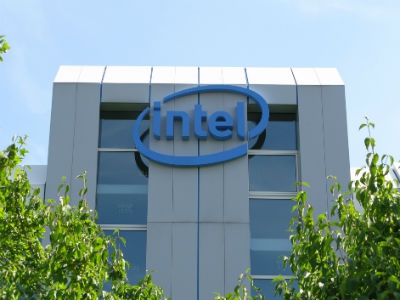Thousands of microtransactions have been sent out by spammers to the bitcoin wallets of WikiLeaks and the Reddit’s competitor Voat. This is the second impressive attack on the bitcoin network this week.
On Tuesday, an unknown spammer sent out bitcoin “dust” worth about $800 in total across the blockchain network. The “dust” consisted of bitcoin microtransactions of 0.001 BTC or 0.0001 BTC.
A Chinese mining pool, F2Pool mined a massive block of 999 KB to gather all the spam and clean up the system. On Thursday, the attack was repeated from multiple wallets and was now directed at WikiLeak's wallet, which received a total of about 30 BTC currently equating to approximately $8,000. The second target in the attack was Voat platform, a new alternative to Reddit.
Although the transactions sent by spammers were small in bitcoin value, they were significantly large in data size and slowed down the network causing confirmation delays for standard transactions. The junk transactions were sent simultaneously so that hundreds of those small transfers entered the system in one second. This resulted in thousands of unconfirmed transactions and some users reported that they had to wait up to 14 hours while the normal average confirmation time is about 10 minutes. The
Local Bitcoins even suggested on Twitter that users should add a higher than usual fee to the transactions if they wished to avoid waiting for confirmation on the blockchain. Other bitcoin services increased their transaction fees to give priority to their customers' requests in the network.
It is possible that one of the goals of the spammers was to run a stress test on the bitcoin system and to demonstrate its weaknesses with no malicious intent. The processing speed for multiple transactions has been brought up in the debate about the bitcoin block size recently. The current block size, 1 MB, supports only seven bitcoin transactions per second, which becomes insufficient as the number of bitcoin transactions in the world grows. Last month, the decision was made to increase the block size to 8 MB by 2016. CoinFox wrote earlier about invalid blocks generated by mistake, causing vulnerability to double spending across the system.

















